
Editor

Editor
Hansel and Gretel is a Swiss short fairy tale movie by Rudolf Jugert from 1971. It is based on Grimm’s fairy tale Hansel and Gretel.

Editor
The Thorwald family is well-off and contented when a tragedy strikes: the father is killed in an accident. Miss Thorwald takes over the raising of her children, four girls and two boys with the youngest already fifteen years old. She manages to keep them together in spite of the fact that their economic situation deteriorates after World War I. Never one to look too critically upon her brood, the woman undergoes a moving and gradual transformation as the adult activities of her children bring home the fact that none of them are what she had once imagined.

Editor

Editor

Editor
An enigmatic woman recruits a gang of specialised criminals to rob a US Army payroll armoured truck bound for Marseilles. However, things don't go exactly as planned.
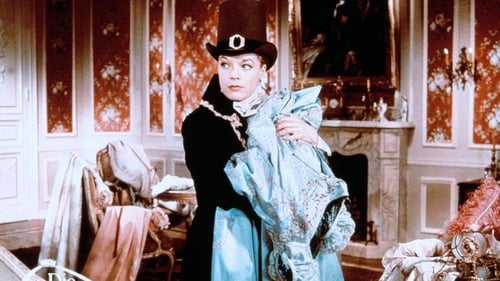
Editor
In 1815 Vienna, a corsetmaker falls in love with a valet.

Editor
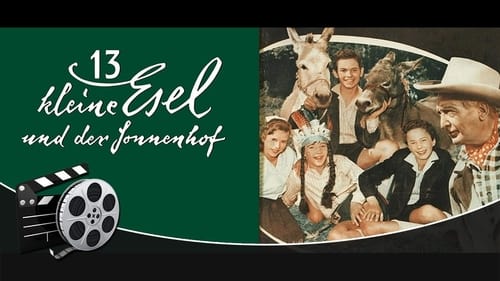
Editor

Editor
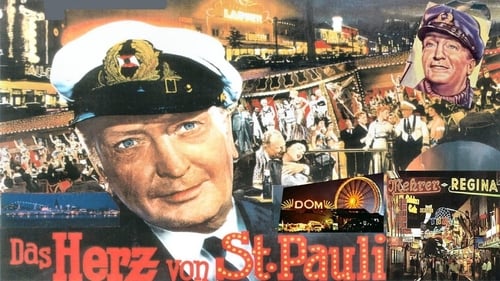
Editor

Editor

Editor
The film is based on a true story, concerning a series of robberies on the highways of Germany. At the time of the actual events, there was a controversy over whether or not highway patrolmen should be given permission to use firearms against perpetrators.

Editor

Editor
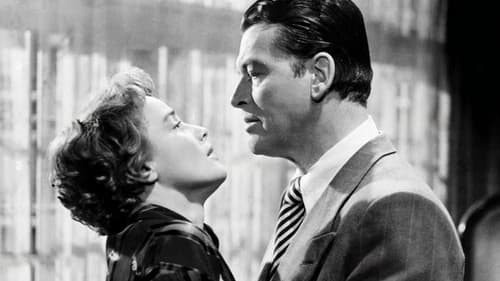
Editor

Editor
This German slice-of-life drama is based on a very real postwar dilemma. At the time the film was made, there were over 3000 children living in Germany who'd been fathered by African American GIs. Referred to as "mischlings," these children were often treated as outcasts because of their illegitimacy and skin color. One such mischling is Toxi (played by herself), who is sent to live with her American father when her mother dies. At first, Toxi is welcomed with opened arms, but the father, who already has two children, has neither the time nor the money to care for the girl. Toxi is then bundled off to an orphanage, sparking a serious rift in her father's family. By concentrating on a highly fictionalized plotline, Toxi tends to ignore the thousands of other mischlings whose lives are far more complex and tragic than that of the film's central character.

Editor
Adventure film about a Seaman and a young boy in a North Sea fishing community.

Editor
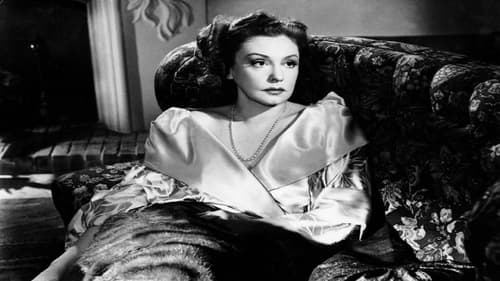
Editor

Editor
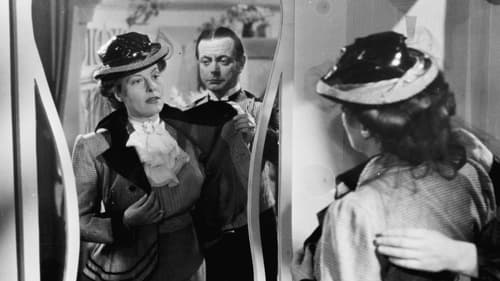
Editor
A man's life breaks down in pursuit of material success.

Editor
Set in German-occupied France in 1944 where a female resistance operative and a German army officer fall in love.

Editor

Editor
A chemist and his assistant make a groundbreaking discovery. They manage to make butter directly from pasture grass without having to deal with either the cow or the use of dairy products. An industrialist attempts to seize the invention.

Editor
Set during the rise of the Nazi regime, Elisabeth Maurer and Hans Wieland enjoy successful careers as actors in Berlin. Confident in her career, Elisabeth, who is Jewish, ignores the advice of a colleague to leave Germany in the face of increasing anti-Semitism. Believing that he can protect her if she becomes his wife, Hans convinces Elisabeth to marry him. In the following years, as Hans's career thrives, Elisabeth awaits the end of the Nazi terror which bars her from public life. When the situation worsens in 1938 with the Kristallnacht pogrom, Elisabeth decides to leave the country, but Hans, who still believes he can protect her, convinces her to stay with him.

Editor
Produced in 1944, finished and released in 1946.

Editor
Already a famous painter, Rembrandt van Rijn is commissioned to paint the Amsterdam Archers' Guild. But upon completion of the picture, the men of the guild feel duped, because they don't consider themselves flatteringly depicted in the painting. They therefore decline to pay for the work. During this dispute, the painter finds out his wife is close to death. He finds himself terribly lonely after her passing and suffers from depression until he decides once more to marry.

Editor
After the operetta of the same name of Richard Heuberger in 1890-1914 all kinds of situation comic from happy-go-lucky Vienna of the turn of the century, the time of the first cars and the absurd bath costumes: Husbands in the Chambre Separee, her little dizziness and mistake plays, the tumultuous whirl of a grand ball... - A high-spirited comedy at considerable entertainment level.

Editor

Editor
Maria Halmborg is a widow. Her husband Erik - missing for years - is considered dead. Suddenly she learns that her husband allegedly lives in Rio and sets out on the journey to clarify the matter.

Editor

Editor
At the invitation of the Japanese Ministry of Education, the former “mountain filmer” Fanck directed this “cultural feature film” with Japanese actors in Japan, making this the first, German-Japanese co-production. The young Japanese man Teruo gets caught up in a conflict between tradition and modernism, when he returns to Japan from Germany after having spent a number of years there studying. Now, he is supposed to marry Mitsuko, the daughter of his adoptive father, to whom Teruo has long been promised. But Teruo, who has gotten to know the freedoms of the western world, would rather marry the woman he loves and behaves brusquely to Mitsuko.

Editor
Endstation offers the American viewer tantalizing glimpses of busy, bustling mid-1930s Vienna. Otherwise, this minor yarn of an amorous streetcar conductor is strictly formula material. The film benefits from the star power of Paul Horbiger, resplendently garbed in an elaborate conductor's uniform. Also worth noting is the performance of Maria Andergest as the woebegone hatmaker whose fate is inextricably linked with hero Horbiger. Incidentally though the direction is credited with one E. W. Emo, Paul Horbiger actually called most of the shots on Endstation.

Editor
The two main people in the story are Anna, a young girl, who is thought of having the ability to heal people mysteriously. Elisabeth is a young - middle aged aristocratic woman, that is disabled and puts all her hopes in meeting Anna and having her disability heal by her. A strange ambivalent relationship develops between the two women.













